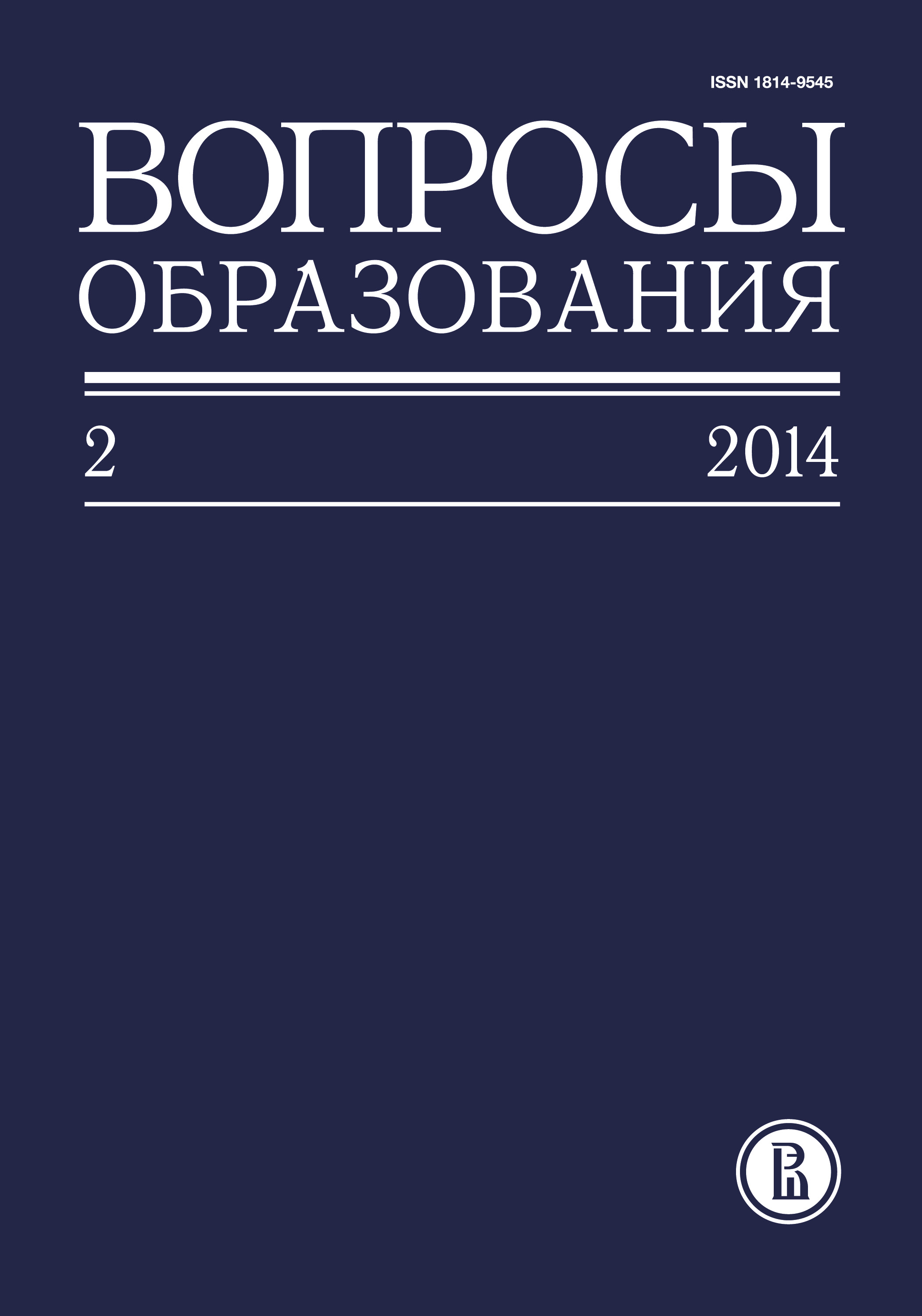Ожидания в отношении социальной мобильности разных типов слушателей программ МВА
Аннотация
Слушатели программ МВА в РАНХИГС при президенте РФ, занятые в бизнесе и участвовавшие в проведенном в 2010 г. социологическом опросе, разделены на группы в соответствии с их ожиданиями относительно социальной мобильности по окончании бизнес-обучения. Данные группы сопоставляются на основании социально-демографических, социально-экономических и профессиональных характеристик. Сделан вывод о том, что повышению эффективности бизнес-образования по программам МВА может способствовать сегментация слушателей и дифференциация образовательных программ, с тем чтобы разные типы слушателей могли достичь с их помощью своих целей.








